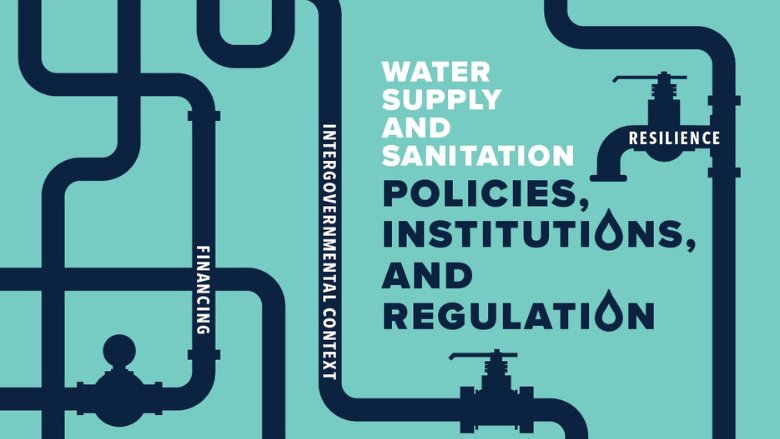With growing concern over the chronic challenges undermining water supply and sanitation services, there has been growing recognition around the importance of policies, institutions, and regulation (PIR)—and water governance more generally. An essential component to achieving the Sustainable Development Goals, PIR can help governments amid growing shocks and stresses in the water sector. However, the mainstreaming and implementation of PIR into concrete reforms and investment programs is still sporadic at best.
A new World Bank report, Water Supply and Sanitation Policies, Institutions, and Regulation: Adapting to a Changing World, reflects on the body of PIR knowledge and experiences to refine the concept and advocate for greater action by policy makers, development partners, international financial institutions, and civil society. This includes insights from Bosnia and Herzegovina, Brazil, Colombia, the city of Chennai in India, Mozambique, and Uzbekistan.



